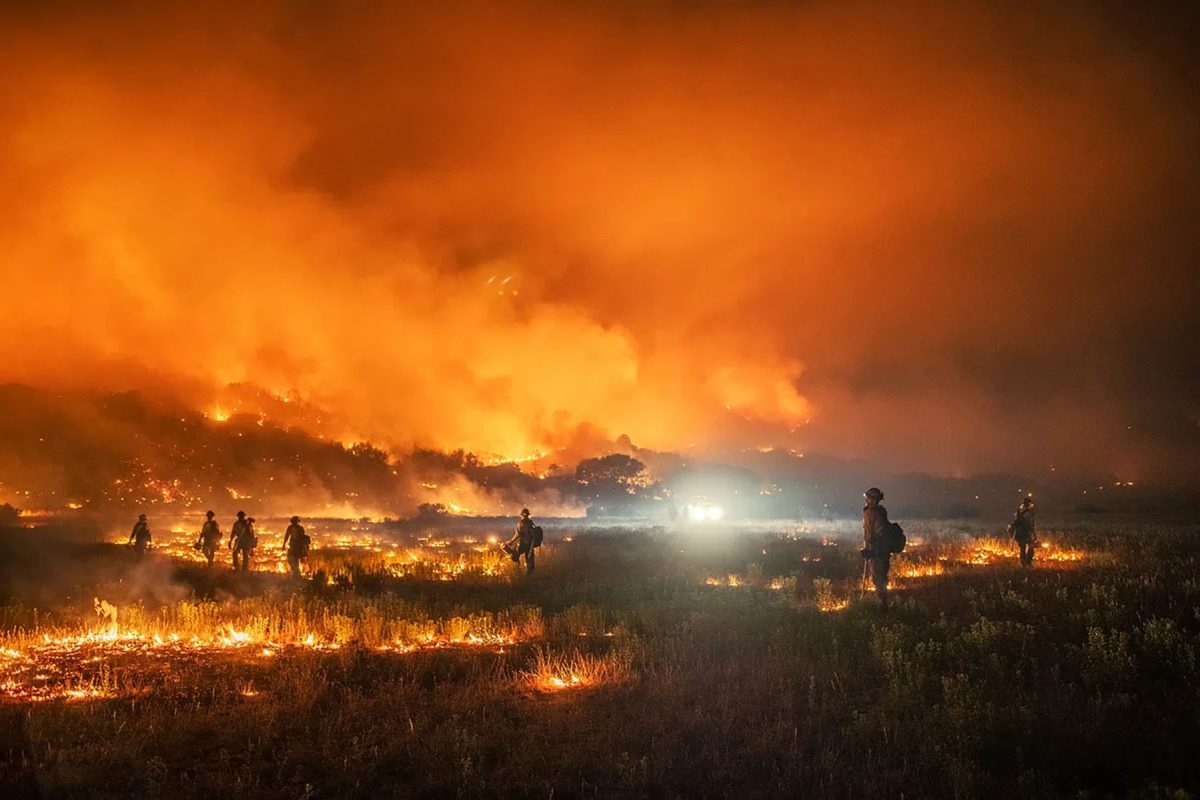The birds cannot chirp, the trees cannot breathe, and people cannot live on some of the islands of Hawaii as the state was devastated by flames earlier this month. The wildfires first started in the upcountry region of Maui, Aug. 8, and spread across nearby land for days, destroying everything in its path.
This catastrophic event led to masses of people being unaccounted for, countless homes and businesses wrecked, and more than 100 individuals confirmed deceased.
While there are many factors that contributed to the spread of the fires, it is alleged that the source came from Hawaii Electric Light Company, Inc. (HECO). The county of Maui recently filed a lawsuit against the company and argues that HECO’s downed power lines are what ignited the surrounding brush.
Certain weather conditions such as droughts and Hurricane Dora did exacerbate the situation as strong winds and dry grass carried the flames across such massive region. The wildfires moved quickly and did not allow a lot of civilians the time to react or evacuate as needed, which resulted in extreme measures being taken for personal safety.
If people were not able to leave or reach shelter in time, some were forced to wait for rescue by the sea. Fortunately, the Coast Guard was able to rescue those who were entering the Pacific Ocean to protect themselves.
In addition to the physical suffering people went through, there was also an irreversible loss of culture due to the fires.
Lahaina, a town in Maui that is known for its rich history and cultural significance, took the brunt of the damage. What was once the original capital of the Hawaiian Kingdom, is now severely decimated that the destruction has been likened to that of a bombing. This is especially devastating for some considering how much significant infrastructure is lost, but the struggles and resistance of Native and Indigenous people were also built into the land, which is also a piece of the recently lost culture that is cherished.
As the next few weeks go by, the number of missing people and recorded deaths will fluctuate since search and rescue efforts are still being made. Many people have not only been displaced from their homes, unable to contact their loved ones, and separated from their families, but now must worry about rebuilding their livelihood to survive.
There are multiple reputable charities and crowd-funding efforts being made in order to help people relieve this loss. A link with a list of some of these can be found here for those who are willing and able to contribute to these efforts. However, relief can be provided by supporting local efforts over social media as well as informing others of the situation.
Meagan Garcia is the arts & culture editor and may be reached at [email protected].








